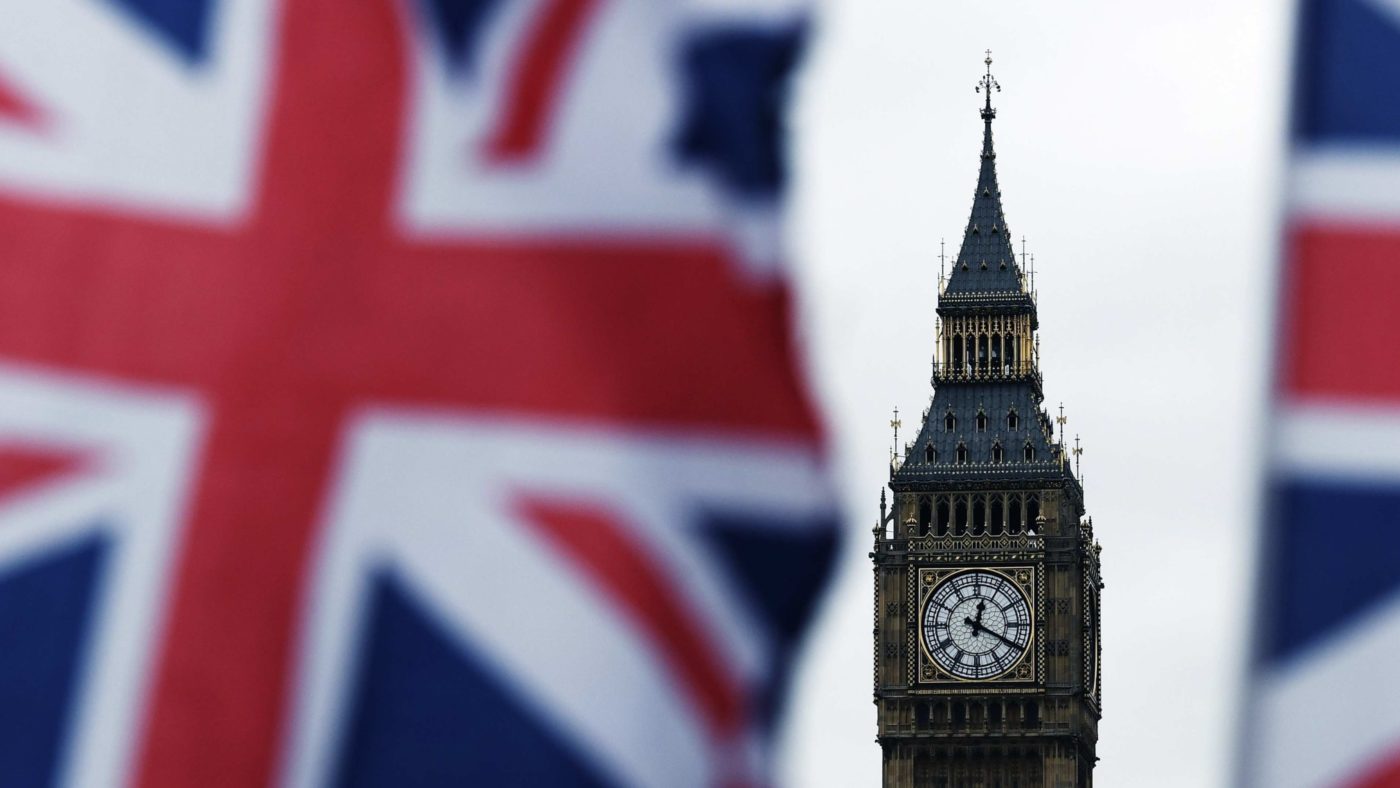Why Brexit deal is crucial for UK and EU

As the Brexit negotiations head towards an endgame, there is turmoil all around. British politics is on a knife’s edge with the future of Prime Minister Theresa May, and in some ways the entire Conservative Party, on the line. The Opposition too is struggling to put its own house in order and even the European Union (EU) is facing disunity within its ranks despite pretensions of a united front.
Last week, an agreement on the withdrawal deal was reached in principle by May and the EU, which included a 39-billion-pound ‘divorce bill’ and the controversial customs “backstop” that keeps the UK temporarily in the EU customs union so as to prevent the return of manned customs posts at the Irish border. However, the joint political declaration on future relations, which is to be confirmed on Sunday, is only temporary. It will be the 21-month transition period after Britain leaves the EU on March 29, 2019 that would see the finalisation of the binding agreement.
Theresa May is meeting EU officials today to finalise a Brexit deal to be agreed at this Sunday’s summit even as she is under pressure from her own MPs to not cede any further ground in negotiations.
Despite a number of resignations from her cabinet and backroom manoeuvring to topple her from No 10 Downing Street, May looks stronger today than she looked last week and that’s a tribute to her own political skills and quite an accomplishment under the present circumstances. Though her critics remain unrelenting, opinion polls are underscoring that support for May is growing among the British populace, which is looking for a speedy resolution of this crisis. The opposition parties have also been unable to come up with a coherent response.
On the other side, the EU had to complete the text on future ties with the UK on November 20 but several member states have raised objection, leading to a delay. Spain, which is worried about the future status of Gibraltar, has warned it will reject the draft Brexit withdrawal deal without a clarification of the text on future talks on the status of Gibraltar. France has raised concerns about fishing rights, and the Netherlands and Denmark remain concerned about the potential competitive advantage to UK businesses over EU without the UK being tied to strict environmental regulations.
Despite these concerns, Brussels would be hoping that when it would come to the crunch on Sunday, all 27 member nations of the EU would sign up to the Brexit deal so as to avoid a situation where there is a no deal and further uncertainty haunts the region. In some ways, it is in EU’s interest that the British Prime Minister gets her plan approved by the British Parliament. A domestic political crisis in the UK is not in EU’s interest at this critical juncture. May also wants to demonstrate that she is fighting hard to secure British interests.
The challenge for the UK at the moment is to sort out its own internal deliberations on the future of its trajectory with the EU.

